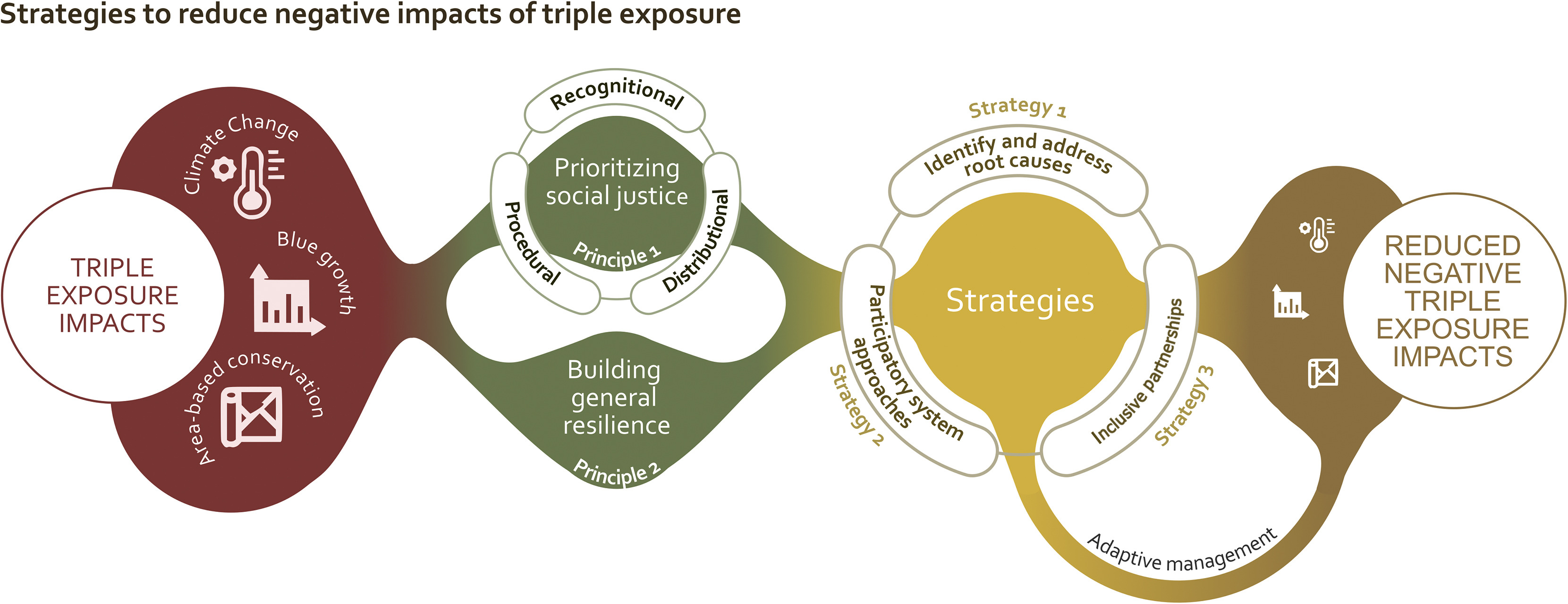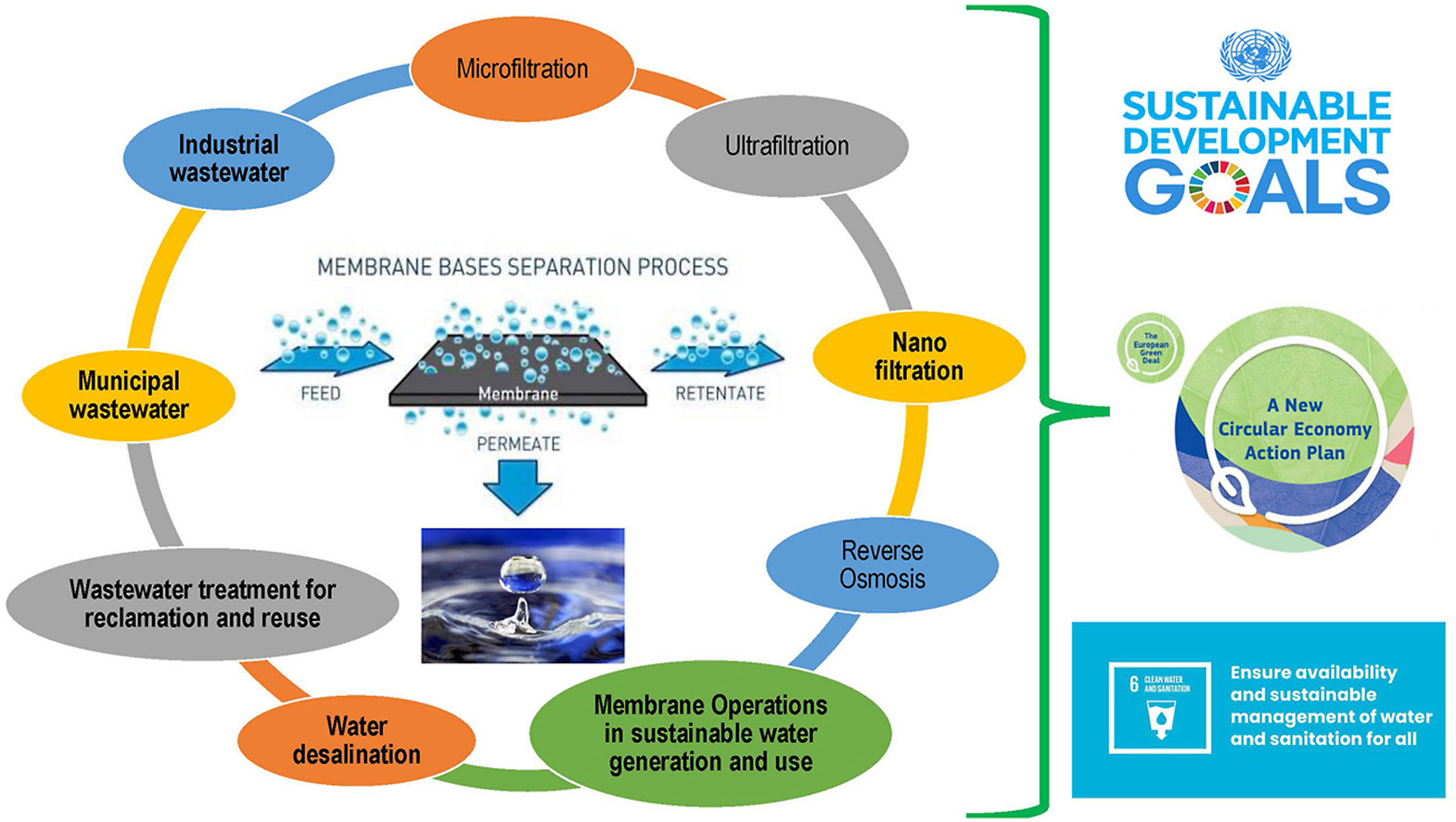Elsevier,
The Lancet Planetary Health, Volume 7, February 2023
This Article supports SDGs3 and 13 by asessing the potential impact of net zero greenhouse gas emissions on public health in England and Wales. The authors showed that there are likely to be substantial net benefits for health, with greater benefits associated with faster and more ambitious changes.
Elsevier,
One Earth, Volume 6, 17 February 2023
This One Earth Perspective Article explores how coastal communities are increasingly exposed to risks due to trade offs from international conservation efforts and rapid economic and climate change, and argues that policymakers seeking to promote ocean biodiversity (SDG 14) must first prioritize social justice and general resilience to equitably enable sustainable communities (SDG 11).
Elsevier,
The Lancet Public Health, Volume 8, March 2023
This Article supports SDG 3 by finding, through a systematic review and meta-analysis of 135 studies, high prevalence of common mental disorders during the perinatal period (pregnancy and post-partum) among migrant women - eg, a 24.2% prevalence of depressive disorders. The authors note that mental health should be discussed and assessed in this population (ie, migrant women in maternity settings), and other social determinants of mental illness in this population need to be addressed (eg, poor social support).
Elsevier, The Lancet Healthy Longevity, Volume 4, February 2023
Background: Type 2 diabetes is associated with an increased risk of depression, but the extent to which risk factor modification can mitigate this risk is unclear. We aimed to examine the association between the incidence of major depression and clinically relevant depressive symptoms among individuals with type 2 diabetes, according to the number of risk factors within the recommended target range, compared with individuals without diabetes. Methods: We did a prospective analysis of population-based data from the UK Biobank and the Maastricht Study.
Elsevier,
Engineering Applications of Artificial Intelligence, Volume 117, Part A, 2023, 105617
An examination of the challenges involved in water demand forecasting, with a particular focus on the impact of COVID-19 on the performance of various machine learning models designed for this purpose.
Elsevier,
Sustainable Chemistry and Pharmacy, Volume 25, 2022, 100590
Clean water resources are crucial for societies in order to maintain safety as well as social, ecological and economic progress. As the population grows, agricultural, domestic and industrial activities produce large amounts of wastewaters that can be treated and reused in variety of purposes considering circular economy philosophy. This review presents the challenges and future prospects of wastewater treatment using membrane technologies and is related to SDG 6: Clean water and sanitation.
Elsevier,
The Lancet Regional Health - Europe, Volume 26, March 2023, 100565
This Article supports SDG 3 by assessing the difference in quality of diabetes care between people with and without serious mental illness. The findings suggest that people with serious mental illness were less likely to receive process of care.
Elsevier,
Press Release, February 28th, 2023
"Year of the Zebra" will highlight one rare disease each week in 2023 on world's most watched healthcare video education channel, 'Osmosis from Elsevier,' to educate healthcare professionals and students and accelerate rare disease diagnosis and research


